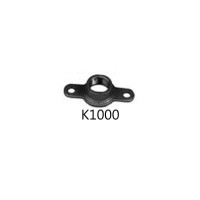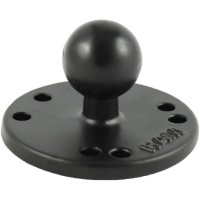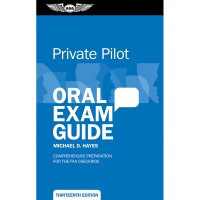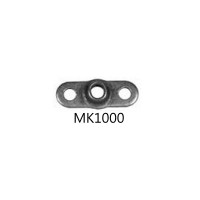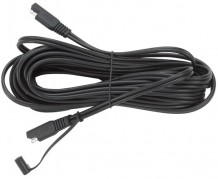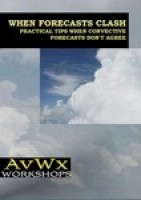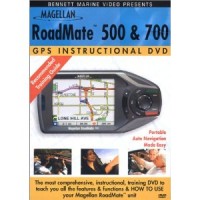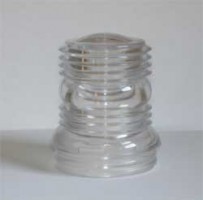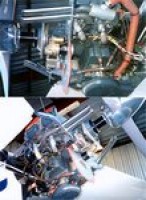THE AVIATION SUPERSTORE FOR ALL YOUR AIRCRAFT & PILOT NEEDS | 877-4-SPRUCE
Avwx Terminal Aerodrome Forecasts Cd
$49.95/Each
Part# 13-08035
Overview
|
Learning to read a terminal aerodrome forecast, better known to pilots as TAFs, requires more than just deciphering an unfamiliar code. Pilots need to have an appreciation for its inherent limitations that are largely imposed by NWS directives and local forecast rules. Meteorologists consider terminal forecasts to be point forecasts. Consequently, the relatively small size of the terminal area strongly influences how a forecaster will construct or amend the TAF. Knowing how to properly incorporate these highly detailed forecasts into a preflight briefing requires the pilot learn how to look well beyond the coded text to read between the lines of a TAF. This workshop assumes the pilot has at least a rudimentary understanding of the TAF coded format. The material presented is intended for certificated pilots at all experience levels flying under VFR or IFR. This premium workshop includes the following nine training modules:
|
WARNING: Cancer and Reproductive Harm - www.P65Warnings.ca.gov. |
Q&A
Please note, Aircraft Spruce's personnel are not certified aircraft mechanics and can only provide general support and ideas, which should not be relied upon or implemented in lieu of consulting an A&P or other qualified technician. Aircraft Spruce assumes no responsibility or liability for any issue or problem which may arise from any repair, modification or other work done from this knowledge base. Any product eligibility information provided here is based on general application guides and we recommend always referring to your specific aircraft parts manual, the parts manufacturer or consulting with a qualified mechanic.


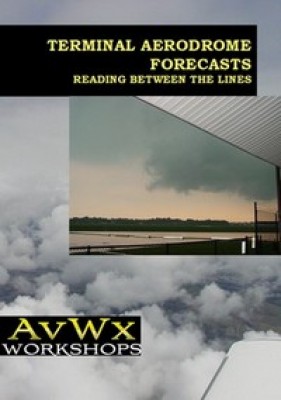





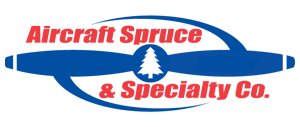 FREE Shipping
FREE Shipping

